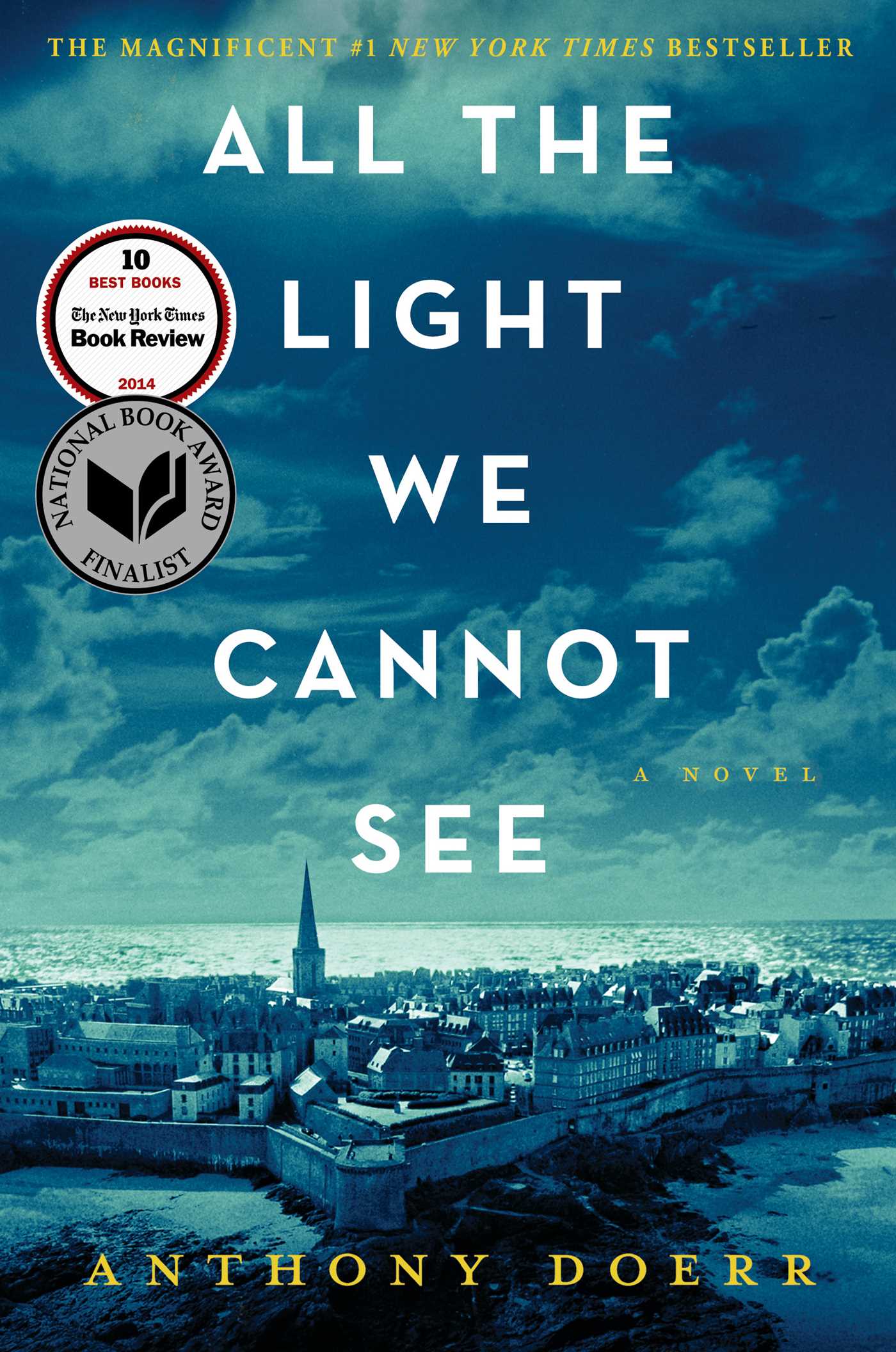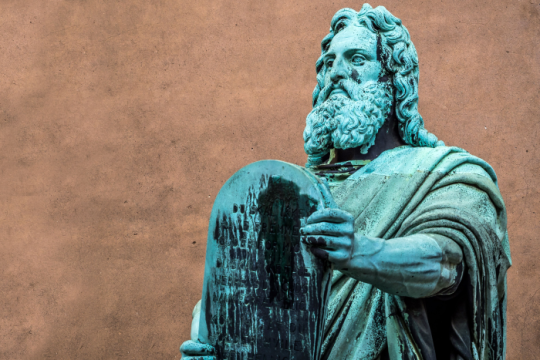
I understand why Anthony Doerr’s All the Light We Cannot See won the Pulitzer Prize for fiction last month. It is a beautiful, captivating and moving story. Set in World War II, possibly the most written-about period in history, it manages to cover original ground. The main characters are tragically drawn, rich, and full. Novels as well-written are few and far between and deserving of honors.
It is only upon reflection, and in context, that I find it part of a larger, disturbing trend of well-written, popular novels that cast the Nazi soldier as victim. Like the “must-read” contemporary World War II novel The Book Thief by Markus Zuzak, Doerr’s novel paints a sympathetic portrait of the Nazi soldier – the “everyman” German as the victim of a larger evil force.
What made The Book Thief so interesting was that readers found themselves rooting for the boy in a Nazi uniform. In All the Light, there are a couple of soldier-victims, the most innocent among them a small, frail, artistic German boy who is beaten senseless and left brain damaged by his Hitler Youth peers. There is no mention at all of the Jew as victim of the Nazi regime. In fact, only in one paragraph in the book is a Jew even mentioned – and it is when a character, upon seeing an old Jewish woman, notes that it is the first time he has ever seen a Jew in person.
The evolution of World War II literature has gone from Elie Wiesel’s Night and The Diary of Anne Frank, which focused on the Holocaust and the experience of the Jew, to Schindler’s List, which made heroes of the Germans who risked their lives to help the Jews – and now, we have a story with no Jews in it at all.
That is the part that frightens me. It allows the world to think of the Nazi as victim, without having to imagine the Nazi atrocities. It never explores the side of the conflict that turned these boys into sadistic killers capable of horrors like cutting people open and pouring tar on their insides and shoving people into gas chambers.
It’s only half of the story.
Imagine if someone wrote a book about a slave owner and cast him as a victim of his circumstances – without any mention at all of his treatment of his slaves or their experiences. Doerr may assume that his reader knows that part of history; at minimum, I'm sure he feels it ground that's been covered by others. But by not mentioning it at all, it is almost as if Doerr is erasing that part of the history.
I have to imagine that the current generation of Germans are doing what they can to understand and make sense of the actions of their ancestors, attempting to comprehend how they could have perpetrated the evils they were guilty of. It’s uncomfortable, I’m sure, to live with the guilt that is passed down along with that – but that’s not an excuse to erase it in the retelling. When throngs of Nazi soldiers sadistically, horrifyingly tortured, murdered, dehumanized, and degraded millions of people, they can’t all be blameless victims. The implication of this is that the only true “bad guys” were at the very top. And while I don’t want to punish the current generation of Germans for the sins of their grandparents, I also don’t want to forget what it was that their grandparents did.
We all know that popular culture shapes opinion, and All the Light We Cannot See has the makings of a great movie, and I worry about this. As overt anti-Semitism is once again on the rise, not only in Europe, but in the U.S., too, it's important that we don’t accept as the contemporary truth about the Holocaust a story that portrays the people who ushered Jews, Romanys, gays, Catholics, Poles and Slavs to brutal, horrifying deaths, as the victims. It’s important that we don’t allow a reframing of the dialogue that rewrites our history – and that we don’t forget what happens when we look the other way.
Debbie Halpern is is an independent marketing consultant. She is married, the mother of two teenagers and a member of Temple Sharey Tefilo-Israel in South Orange, New Jersey..



